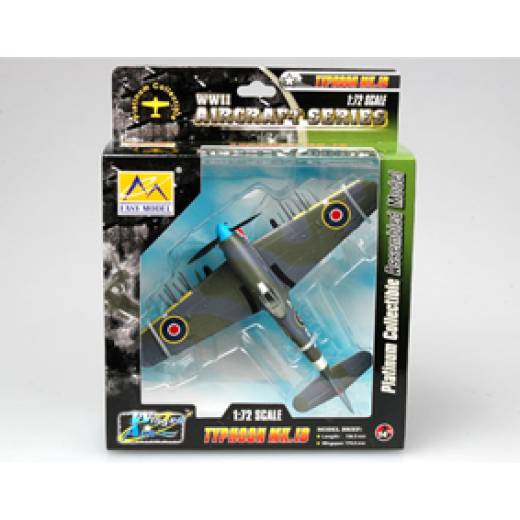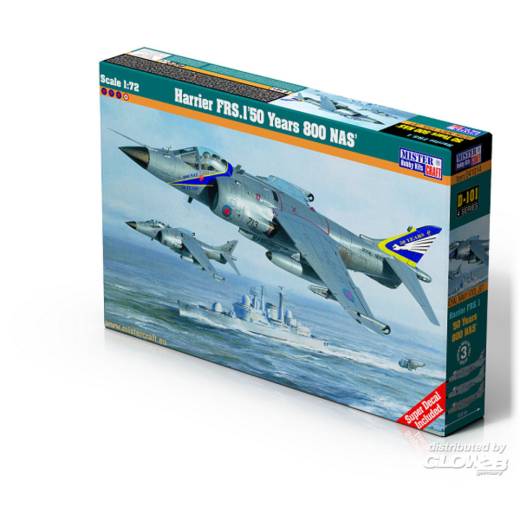The McDonnell-Douglas / BAe AV-8B Harrier II is a single-seat, V / STOL fighter-attack aircraft with a half-shell, duralumin structure. The roots of the Harrier II aircraft date back to 1973, when McDonnell-Douglas and BAe collaborated to create a new, significantly improved Harrier. The recipients were to be the American US Marine Corps as well as the British RAF and Royal Navy. However, due to the high cost of a new engine for Harrier (Pegasus 15) in 1975, the British government and thus BAe withdrew from cooperation. As a result, only the McDonnell-Douglas concern remained on the "battlefield". Taking into account the costs, the American label decided to make only a far-reaching modification of Harrier, using newer avionics, a different wing and large-scale composites. The first prototype, the YAV-8B, took off in 1978. In 1980, the British side decided to join the project again. The first built from scratch AV-8B flew in 1981 and entered the line in 1983. US Marine Corps units use the AV-8B, T AV-8B, AV-8B (NA) and AV-8B + versions. The first of them is the basic version of the aircraft, serving as a fighter-attacker. It has greater lifting capacity and range than the AV-8A, as well as is more maneuverable and has a more modern avionics and engine. The latter, on the other hand, was commissioned by Italy and Spain and is used on aircraft carriers of these countries. The RAF uses the versions GR.5, GR.5A, GR.7, GR.7A, GR.9, GR.9A, and T.10, T.11 and T.12. Airplanes marked as GR are fighter-attack versions, while T are two-seater training machines. AV8B / Harrier II took part in Operation Desert Storm (1991) and in the war with Iraq (2003) and Afghanistan (2006-2008). Technical data (version Harrier AV-8B): length: 14.12m, wingspan: 9.25m, height: 3.56m, maximum speed: 1085km / h, combat radius: 1205km, armament: GAU-12U fixed cannon caliber 25 mm, suspended - up to 3748 kg of cargo.






